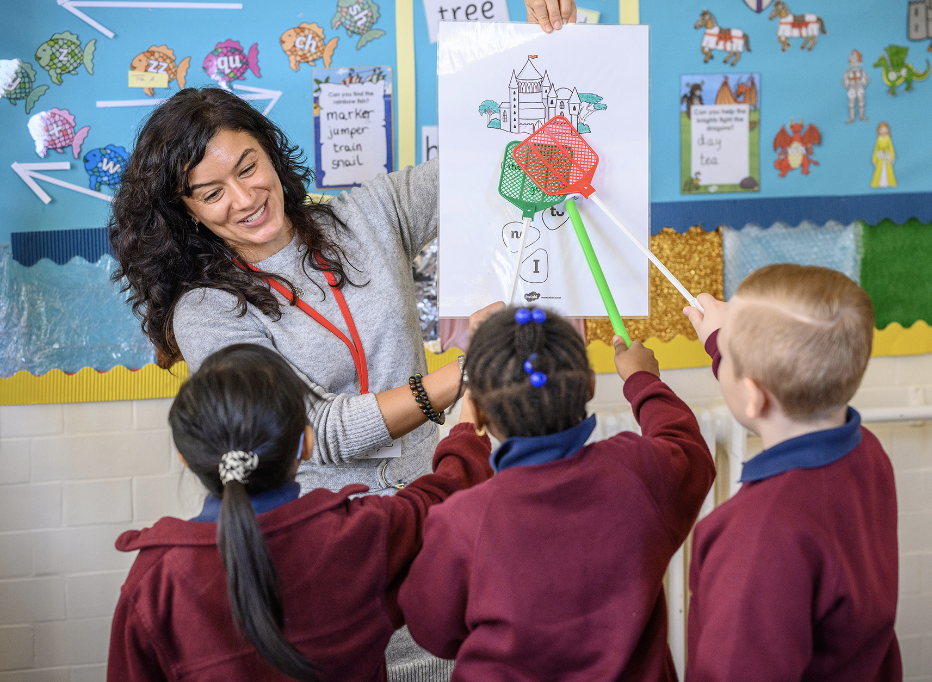
The value of early reading
The journey toward literacy begins at birth. The development of early language allows babies and toddlers to express their needs, desires and feelings, fostering a level of communication that is constantly developing. Talking to a child from birth exposes them to the sounds, rhythms and patterns of language which lay the foundation for language acquisition. This social interaction together with cognitive and emotional development are all furthered in day-to-day communications with the continual emergence of early language and vocabulary.
Alongside non-verbal communication and talk, the discovery of the joy of books from an early age has numerous benefits for young children as their worlds develop. Young infants may not understand the words, or the stories being read to them, but they benefit hugely from the exposure to language, the rhythm of speech and of course the bonding experience with their caregivers. Listening to simple stories with patterns and rhymes prepares them for the words that they eventually meet in print, and for the music of language. These simple stories help build a knowledge of how texts are constructed so that they can begin to invent and build their own stories as they grow.
Reading aloud to children is the first stage in their journey to becoming independent readers and also supports their development of vocabulary and language. The interactions with a book between carer and young child not only act as a fun bonding experience but provide the stimulation that ignites brain development. This is when vital connections in the brain are made. When stimulated, these connections form the basis of future learning and intellectual engagement.
As a child grows, the bedtime story begins to play an even more critical role. Reading a story to a child before bed offers comfort and reassurance. It provides the security that a young child needs in a nurturing and safe environment. The time and attention that a bedtime story demands of an adult is a priceless gift to a child, providing that calming rhythm and pace needed at the end of the day. This immersion into books plays such a significant part in the development of their literacy skills. Research suggests that just twenty minutes of reading to your child each day contributes to better performance in school (Clark, C., and Rumbold, K., 2006[1]).